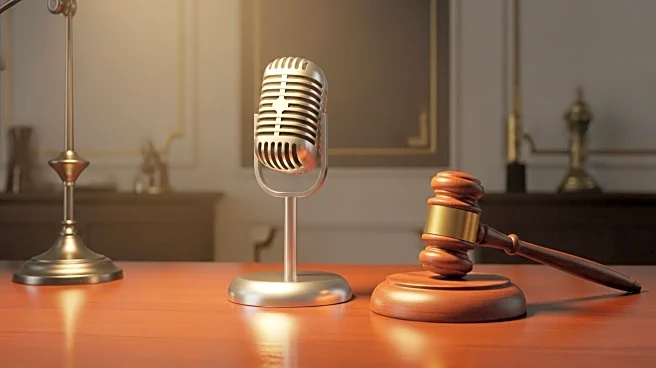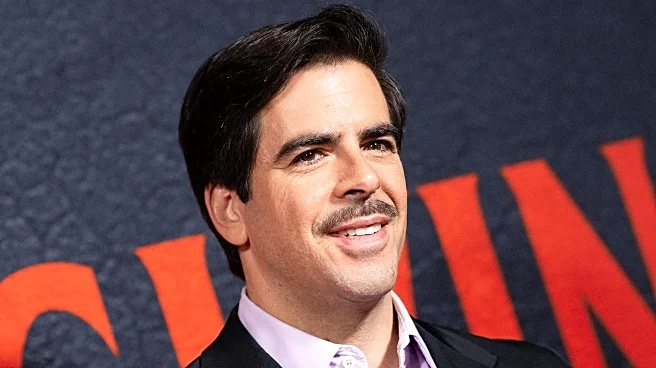What's Happening?
Senator Rand Paul has publicly criticized Federal Communications Commission Chair Brendan Carr for his comments threatening to revoke ABC's broadcasting licenses. Carr's remarks followed late-night host Jimmy Kimmel's comments on Republicans' response to the assassination of conservative activist Charlie Kirk. Paul stated that Carr's involvement was inappropriate, emphasizing that while despicable comments can be made, they do not guarantee employment. The controversy arose after ABC pulled 'Jimmy Kimmel Live!' from the airwaves, prompting Carr to urge the network to take action against Kimmel. The incident has sparked debate over free speech limits and the role of government in media regulation.
Why It's Important?
The situation highlights ongoing tensions between media freedom and government intervention. The FCC's potential action against ABC raises concerns about the limits of free speech and the independence of media outlets. This incident could set a precedent for how media companies handle controversial content and government pressure. The broader implications affect public discourse, as media companies may face increased scrutiny and potential censorship, impacting their ability to freely critique political figures and policies.
What's Next?
The debate over free speech and media regulation is likely to continue, with stakeholders from both political and media sectors weighing in. The FCC's future actions and any legal challenges could further define the boundaries of media freedom in the U.S. Additionally, public and political reactions may influence how media companies approach controversial content and government criticism.










